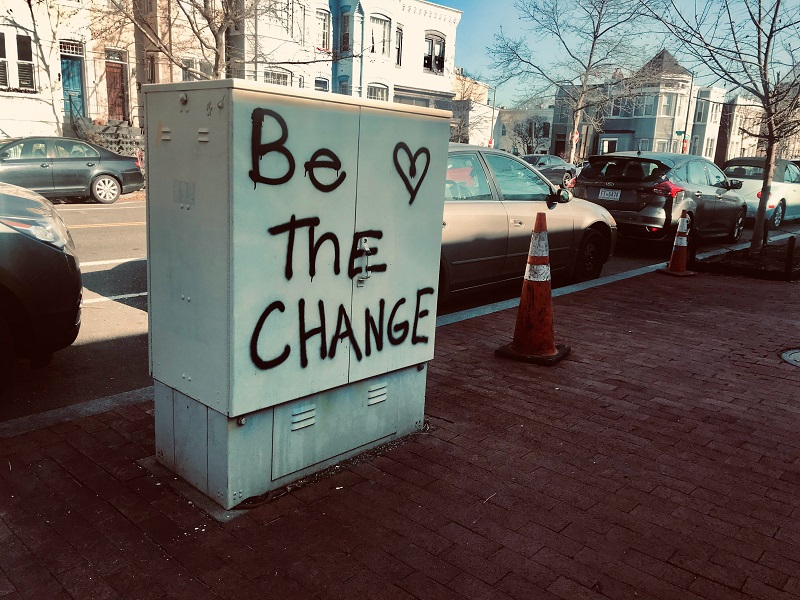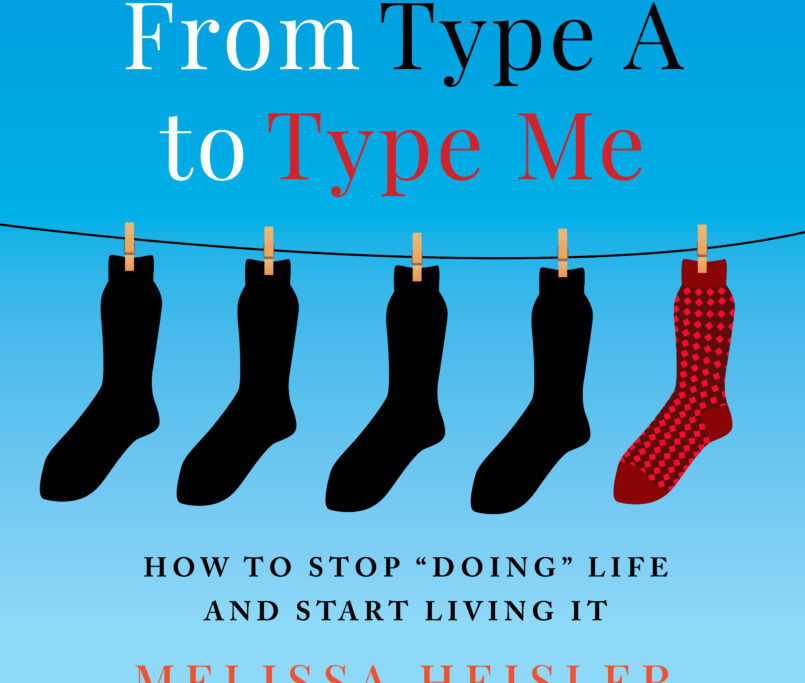Unenlightened Blame
We all have our favorite Greek philosophers, right? Mine is Epictetus. He never wrote any of his philosophies down, but his students would scribe his talks. As I wrote my book, From Type-A to Type-Me: How to Stop “Doing” Life and Start Living It, again and again I ran across quotes from Epictetus which were in direct alignment to my thoughts, beliefs, and attitudes about life.
Recently I started reading, The Art of Living: The Classical Manual on Virtue, Happiness, and Effectiveness, where Sharon Lebell shares collected passages from his talks. The passages are in bite-size chunks perfect for daily reflection. One passage, “No Shame, No Blame,” really stood out to me. In this passage, Epictetus exposes unnecessary self-created pain. Here is what he said.

Blame
He starts out strongly saying that it is not the circumstances or issues we face that cause us pain, but our feelings about them. I have thought and written about that before. Epictetus takes it one step further – which is obvious, but I hadn’t tied the two thoughts together. He says when things are difficult, “let us never place the blame on others, but on our own attitudes.” Pretty obvious – and powerful – right? I always focused on self-improvement. How do I improve my thinking to resolve a painful situation? And yet, I might blame the other party for their role. That guy is a jerk for doing X, Y or Z, but I am going to rise above it and change my thinking. If, however, I am going to truly, completely accept that it is our “feelings about things” that torment us, then the others involved are not to be blamed, at all. Yes, they may be acting in inappropriate ways and perhaps we need boundaries to protect ourselves, but it is our feelings, not their actions that are causing us pain. We can not blame them for our experience. As Eleanor Roosevelt said, “No one can make you feel inferior without your consent.” If you are feeling a certain way, you can not blame anyone except yourself because you are choosing to suffer.
Moral Progress
Epictetus then takes this concept out to society as a whole. “One of the signs of moral progress is the gradual extinguishing of blame.” Wow. Sit with that. What if our current culture stopped pointing their finger at the other side? What if we stopped attacking others for taking away our freedoms or putting us at risk? What if we stopped feeding our negative emotions with biased, sensationalized viewpoints? What if we stopped playing victim and instead stepped into responsibility for our own lives? Epictetus saw society moving from the small-mindedness of blaming others, to blaming ourselves for our situation, to “a life of wisdom” where we embrace the truth that blaming others or even ourselves does no good. This is true acceptance and compassion.
A New Way
As you go about your day, notice who you are blaming. Is it the driver in front of you who is going to make you late for your appointment? Is it yourself for something said or not said? Is it politicians or extremists? Take a step back from the circumstance and look at your feelings about the situation. What is causing your emotional reaction? What are the beliefs, attitudes, and expectations that are causing your anger or sorrow? You may not be able to change the circumstance, but you can ALWAYS change your attitude about it. Let’s all make strides to move our society into the way of wisdom, not unenlightened blame.




